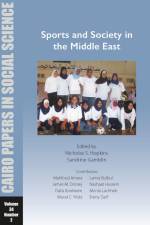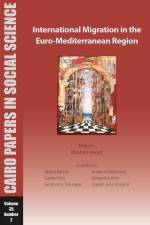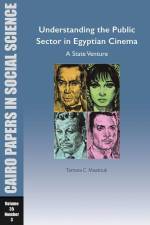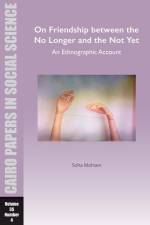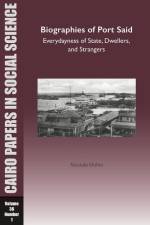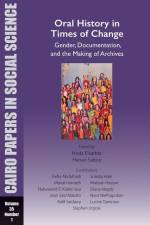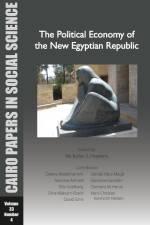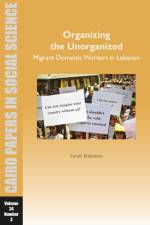av Nicholas S. Hopkins
407
A collection of studies looking at social and political changes following Egypt's 2011 RevolutionEgypt is a country of its people. What has been the effect on its inhabitants of the 2011 revolution and subsequent developments? In 2013, a conference held under the auspices of Cairo Papers in Social Science examined this issue from the points of view of anthropologists, historians, political scientists, psychologists, and urban planners. The papers collected here reveal the strategies that various actors employed in this situation. ContributorsZeinab Abul-Magd, Oberlin College, Oberlin, Ohio, USAYasmine Ahmed, The American University in Cairo, Cairo, EgyptDeena Abdelmonem, independent scholar, Cairo, EgyptSandrine Gamblin, European Universities in Egypt, Cairo, EgyptEllis Goldberg (d. 2019), University of Washington, Seattle, Washington, USAClement M. Henry, University of Singapore, SingaporeDina Makram-Ebeid, The American University in Cairo, Cairo, EgyptHans Christian Korsholm Nielsen, Danish-Egyptian Dialogue Institute, Cairo, EgyptDavid Sims, economist and urban planner, Cairo, Egypt

